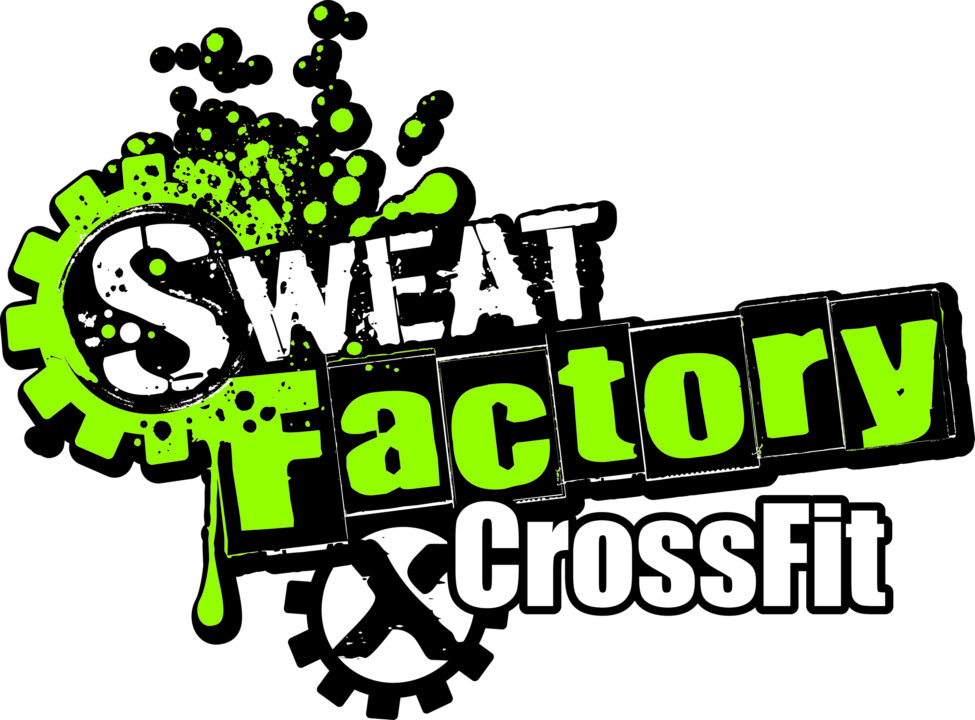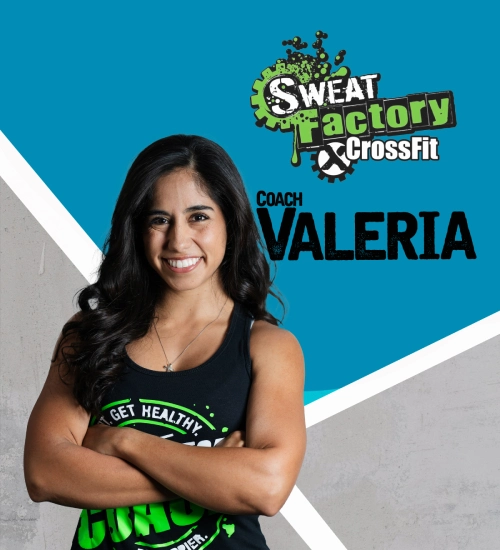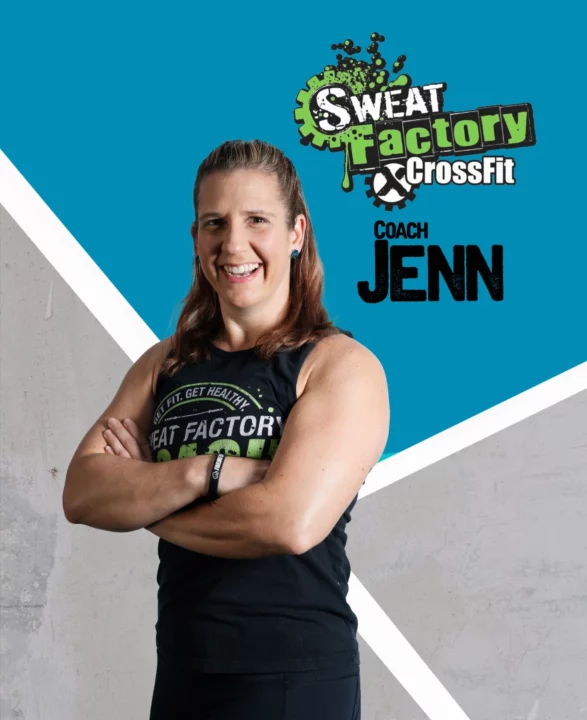WHAT ARE MACRONUTRIENTS (MACROS)?
PROTEIN
Protein is essential for building muscle and repairing damage throughout the body. It is made up
of building blocks called amino acids. Some amino acids can be produced in the body and some
need to be eaten in food. Your protein intake should depend on your weight and activity. And
while getting in enough protein is important—more is not always better. Too much protein, and
not enough carbs and fats, can result in the body relying on protein for energy instead of using
it for gaining and repair muscle. Knowing your protein needs is key for reaching your weight and
activity goals.
CARBOHYDRATES
Simply put, carbohydrates provide energy. Quick energy carbs come from fruits, candy, sports
drinks, and processed starches, like white bread and crackers. They should be eaten around a
workout so your body uses the energy that they give. When you eat simple carbs and do not use
the energy they provide, the excess energy can be stored as fat. Slowly digested, or complex carbs,
have more fiber, which prolongs their release of energy and helps to keep digestion regular. Some
examples of complex carbs are whole wheat pasta, brown rice, and quinoa. These carbs are ideal
when activity isn’t in the immediate future.
FATS
The types of fats that we eat are important. Fats from plant sources like nuts, avocados, and
vegetable oils are excellent sources. Fats from animals have their place in a healthy diet, too, but
should be eaten in lesser amounts since they are higher in saturated fats, which can affect heart
health. When you eat fats is also important. You should try to consume fats in each meal since
they will help to keep you fuller longer. Fat shouldn’t be eaten right before or during workouts
since your body requires quick energy during those times.

















